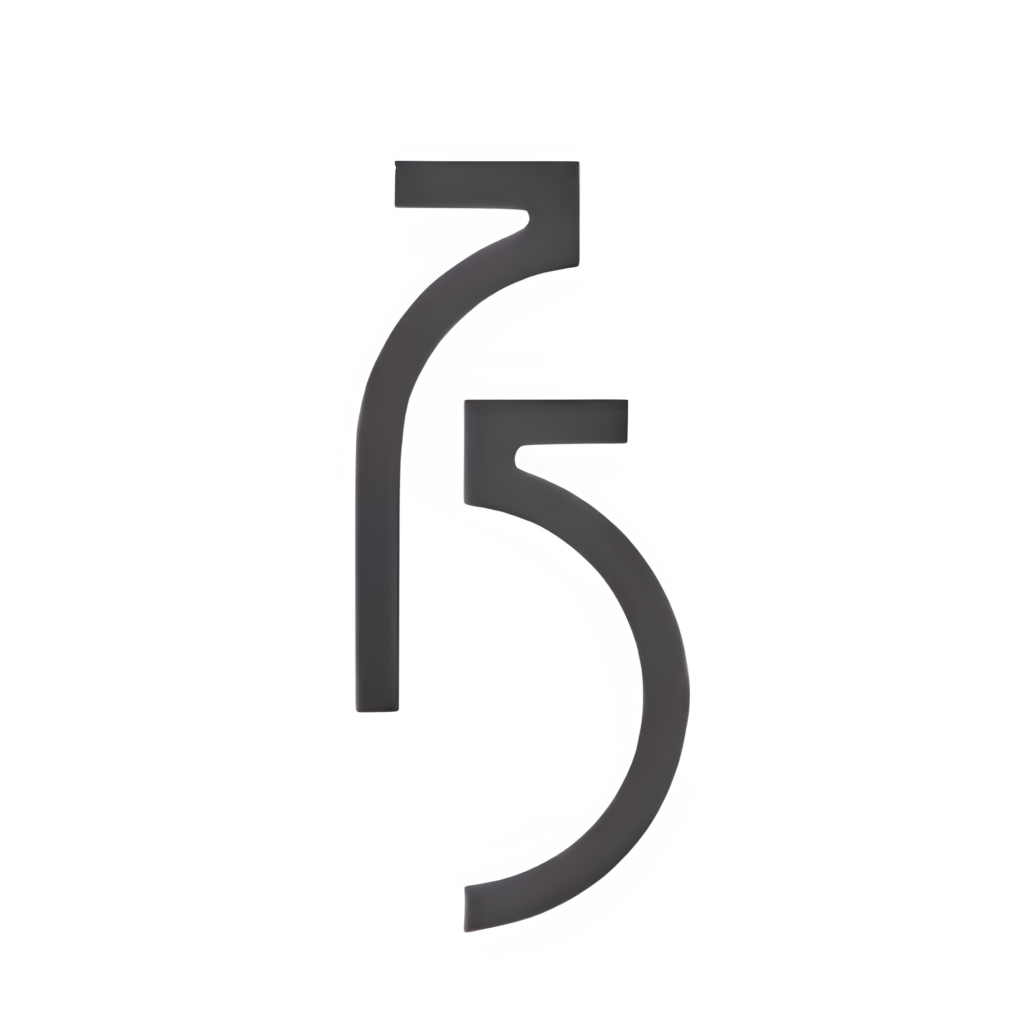Apple needs to improve the compatibility of its devices with third-party products to ensure fair competition and support innovation. These regulations mandate that non-Apple products, such as smartwatches, headphones, and televisions, should integrate smoothly with iPhones, just like Apple’s own devices. In particular, the EU has asked Apple to provide better access to essential iPhone features, such as notifications and NFC (near-field communication) for contactless payments. Additionally, the European Commission demands that Apple simplify the pairing process between iPhones and third-party devices. These measures aim to enhance interoperability across various brands and foster a fairer technological landscape, enabling other manufacturers to introduce innovative solutions.
Developers, too, stand to benefit from these changes, with the EU emphasizing the need for faster and more transparent access to upcoming Apple features. Such steps are designed to ensure that third-party developers are not at a disadvantage compared to Apple’s own ecosystem. Apple, however, has expressed concerns over these regulations. The company argues that being compelled to share its features freely with competitors could hinder its ability to innovate. It has also warned that these requirements could lead to delays in rolling out new features in Europe compared to regions like the United States. Apple maintains that such measures could unfairly benefit competitors who operate under different rules.
For now, the European Commission has refrained from imposing fines on Apple, instead granting the company time to adjust its practices to align with the new regulations. Apple has stated its intention to continue discussions with the Commission to address the potential implications of these rules. This development highlights a broader debate about the balance between fostering competition and protecting intellectual property, as tech giants navigate increasingly stringent regulatory frameworks in global markets.
